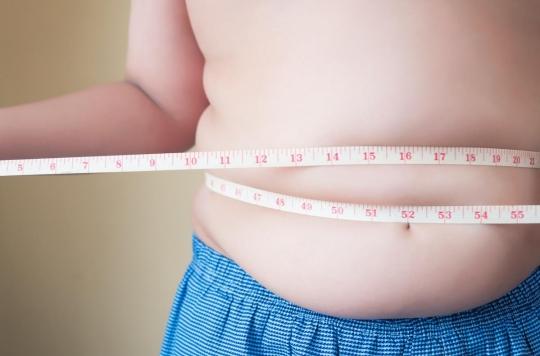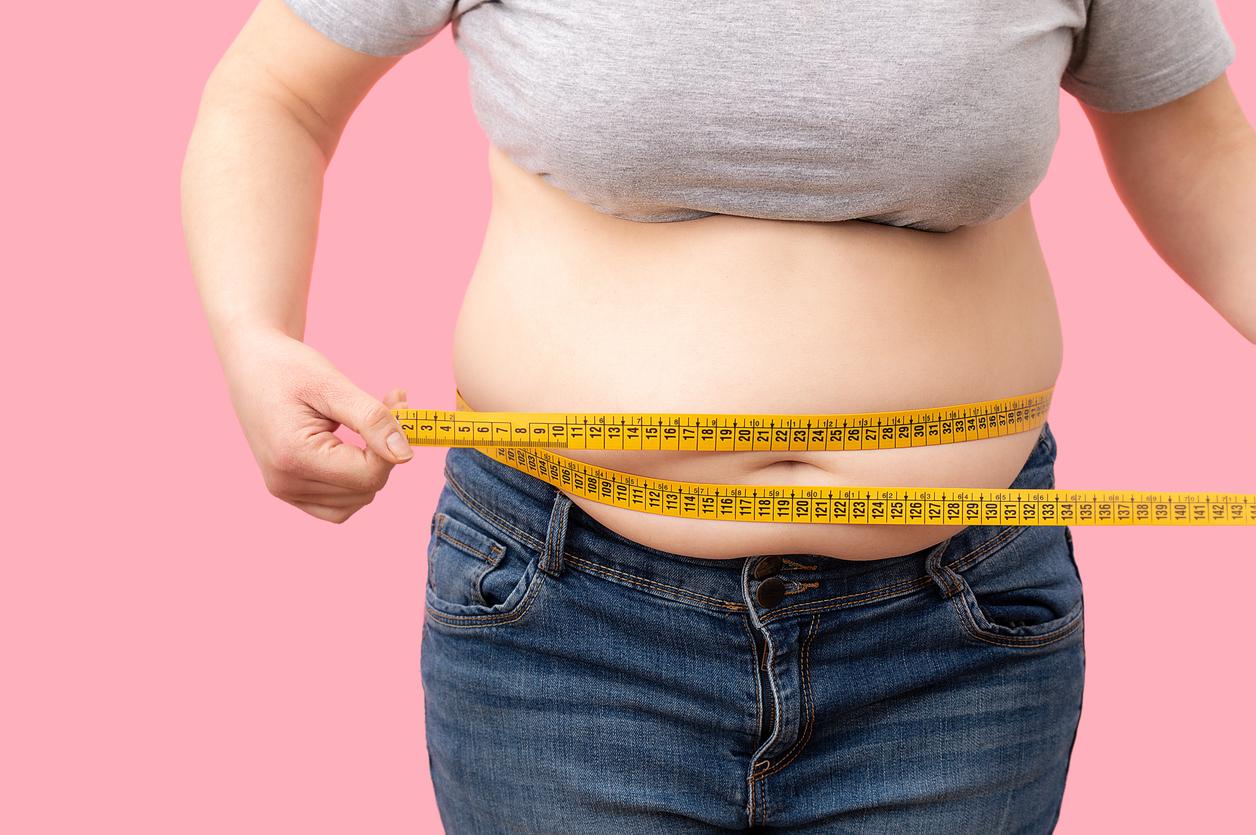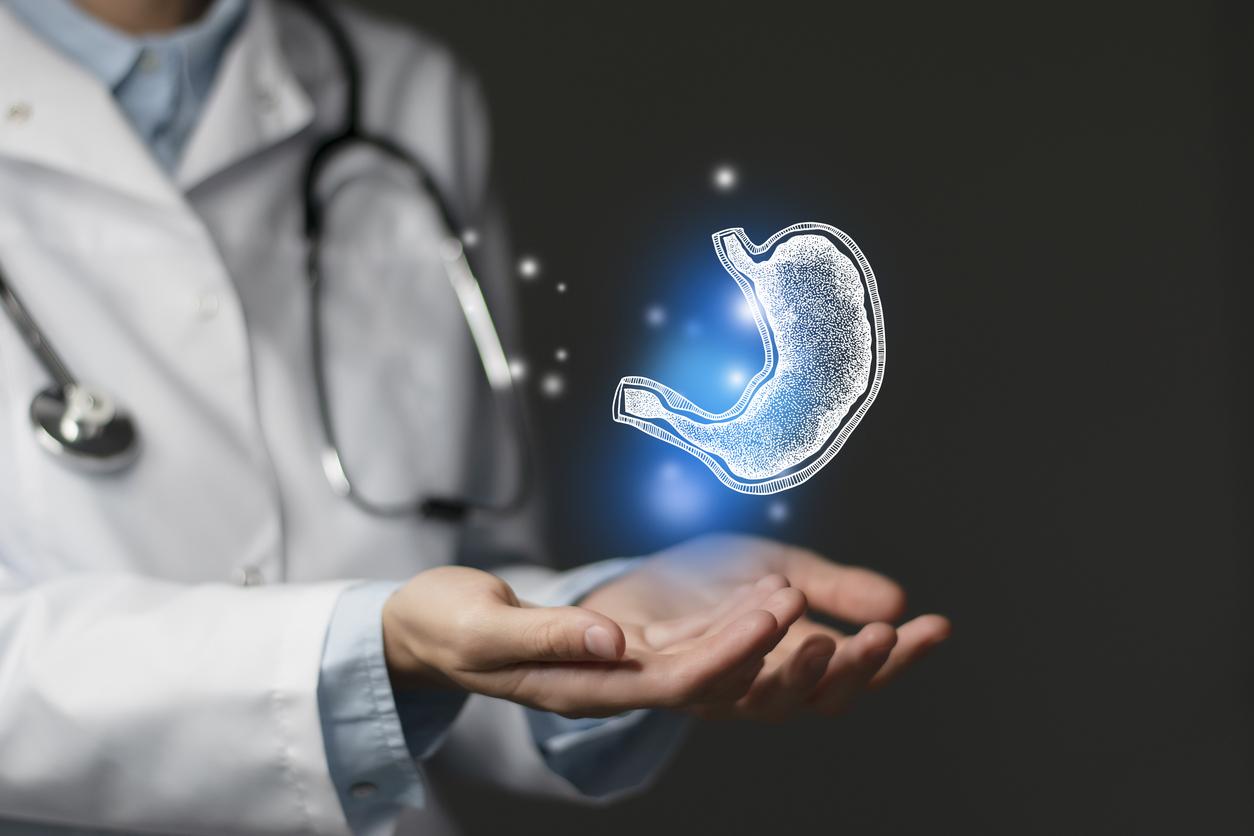The density of certain brain cells in children predicts whether they will be overweight.

- The higher the density of cells in the nucleus accumben, the heavier the child will be.
- The concentration of cells in this area of the brain makes it possible to predict a child’s future weight a year in advance.
Weight gain would be the result of a cerebral mechanism and everything would already be registered in our brain from childhood. US researchers from Yale University have found that higher cell density in a key reward center of the brain is associated with obesity in children. They published the results of their work on October 12 in the journal Proceedings of the National Academy of Sciences (PNAS).
An estimate of the weight one year in advance
The researchers conducted their study using a new MRI technique called Restriction Spectrum Imaging, which allows a closer look at micro-structures in the brain. This allowed them to study the cell density of the region of the brain involved in reward motivation and eating behavior. They realized that the higher the density of cells in the nucleus accumben, the heavier the child will be. “Inflammation is known to be associated with obesity, but it has been difficult to explain how it works in the human brain”, advanced Richard Watts, lead author of the study.
The researchers realized that the concentration of cells in this area of the brain makes it possible to predict a child’s future weight a year in advance. “An even more impressive finding was that cell density in this region predicted an increase in waist circumference and body mass index one year later.”, continued Kristina Rapuano, author of the study. This therefore indicates that our brain is the source of our bad habits.
A vicious circle
Previous research has shown that a diet high in saturated fat stimulates neuroinflammation in the brain and increases the number of cells in the nucleus accumbens. This concentration can then trigger compulsive eating in the animal. “It’s a vicious circle. Eating bad food leads to wanting more bad food. These data provide a possible brain mechanism for this idea.”, concluded BJ Casey, professor of psychology at Yale and co-author of the study.
This discovery opens up therapeutic avenues to anticipate future weight gain in children. “This study is a step towards a better understanding of the neurobiological mechanisms that underlie weight gain in children, which will be of critical importance in forming strategies for early intervention and obesity prevention.”, estimated BJ Casey.
.

















